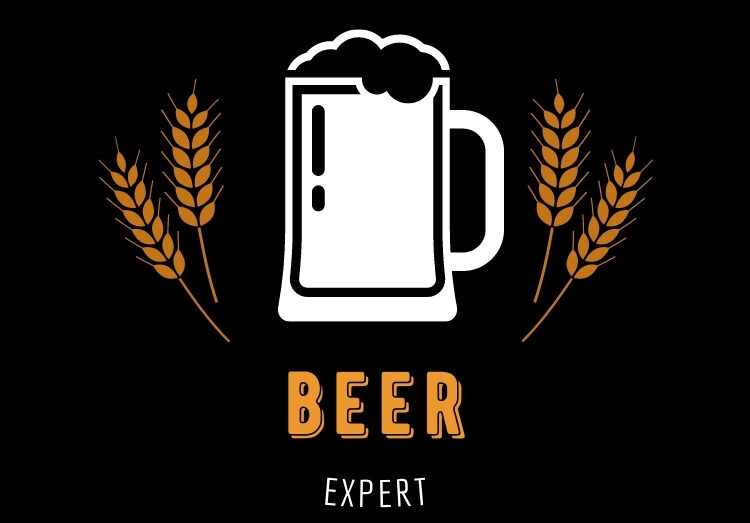With no legislation demanding a list of ingredients for alcoholic beverages, many UK beer drinkers are concerned about what strange substances might be floating in their pint.
No List of Ingredients
As we are more conscious about our health than ever, we naturally we want to know exactly what we are eating and drinking. Lists of ingredients on products can help us to make informed decisions about what we consume. To this aim all food and drink products must by law all feature an ingredient list – well all products apart from alcoholic beverages that is.
Naturally this firstly makes you think, why are alcohol consumers not protected, but also what have their producers got to hide by not providing an ingredient list? What are they sneakily slipping into my drink? Beer drinkers are particularly concerned about the various chemicals their pint is rumoured to contain. Many even claim that these mysterious additives are not only responsible for spoiling the taste, but also for the next morning’s hangover.
In addition to hops and barley, your beer could in fact contain such tasty supplements as ammonia caramel, rhoiso-alpha acids, betaglucanase, sulphur dioxide, propylene glycol, protese, amyloglucosidase and silicone. But as beer is a natural product, you may ask whether any of these are necessary.
Why are there Additives in My Beer?
Additives are commonly used in the production of mass market beer for a number of reasons. They can be used to speed up the brewing process, help stabilise a beer’s head of foam, improve shelf-life, appearance, taste and scent. Of course none of these things really benefit the drinker. They are for the benefit of large brewers who produce on a vast scale and are under pressure to produce a very consistent product and be as quick and profitable as possible.
Small breweries, on the other hand, don’t really need to use any additives. They typically leave their biological brewing process down to nature, and if there are minor inconsistencies between batches then that is just accepted as being part of the brewing charm.
How do I Know What’s in My Beer?
As a consumer, naturally you would want to know which beer contains additives and which doesn’t, so that you can make an informed choice – so why can’t you?
At the moment, if you want to avoid additives then beyond opting only for beer from small breweries or one’s that advertise only using the historic core ingredients – water, malted barley, hops and yeast – as a badge of honour, then there’s not a lot you can do.
The current legal requirement in the UK – and across most of the EU – is that beer producers only have say that their beer includes malted barley or wheat. It is a situation in stark contrast to the strict rules that apply to food items and non-alcoholic drinks.
UK beer quality pressure group CAMRA (Campaign for Real Ale) has long been an ardent campaigner for beer and other alcoholic drinks having to list their full ingredients.
European Legislation
For several years there has been talk that this situation might soon change. The European Commission has toyed with the idea of implementing legislation that demands a full ingredient list for the whole drinks sector across the whole member state.
However when the European Commission published its proposal to revise the EU’s general food labelling requirements in 2008, beer, along with wine and spirits were notable by their exemption. The only alcoholic beverage that must now list its ingredients is the alcopop. It is now expected to be at least another five years before the current regulations are reviewed.
The only hope is if individual member states establish their own national rules for listing ingredients on beer. One country has famously already done this and prides itself on the purity of its beers – Germany.
Germany’s Purity Laws
With more breweries than any other country, the Germans are very serious about the purity of their beers.
Ever since the foundation of the German Purity Law or Reinheitsgebot in 1516, beers in Germany can only legally be produced using the core ingredients of water, hops, yeast and malted barley or wheat. Staunch supporters of German beers insist that they taste cleaner and some even claim they don’t suffer from hangovers as a result.
